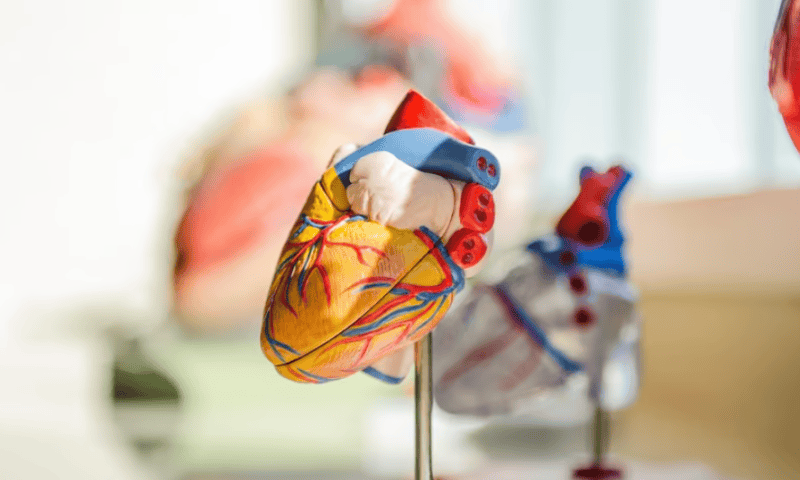Haemonetics is dropping at least $160 million to acquire the maker of a system designed to cool down and protect the esophagus from errant damage during cardiac ablation procedures aimed at arrhythmias.
The company said it sees Attune Medical and its ensoETM device as a shortcut for surgeons looking to improve the safety of their treatments for an irregular heartbeat, without them having to buy into the recent rise of pulsed field ablation systems—featuring new hardware that uses electric fields specifically tuned to disrupt certain types of cells over others.
In each case, the goal is to limit the spread of cardiac ablation to nearby tissues; traditional radiofrequency ablation is capable of generating enough heat to injure the adjacent esophagus, potentially causing serious complications.
“Attune Medical’s ensoETM will bolster Haemonetics’ presence in the electrophysiology market and complement our leadership in vascular closure,” Stewart Strong, president of Haemonetics’ global hospital business, said in a statement. “EnsoETM effectively reduces esophageal injuries without requiring hospitals to purchase complex and costly new ablation systems.”
The deal includes the upfront, nine-figure payment, plus additional considerations based on sales growth over the next three years, as well as other milestone achievements. The companies said they expect the transaction to close by the end of June.
“We are thrilled to become part of Haemonetics. Their hospital business has strong positions in both EP and critical care, and their international channels are robust and expanding,” said Attune CEO Jay Istvan.
The EnsoETM device—which received a de novo clearance in cardiac ablation from the FDA last September—includes a disposable tube that’s inserted through the mouth and into the esophagus during a procedure, while a circulating water supply exchanges the excess heat. The system has been cleared for maintaining body temperature since 2015, with over 50,000 patients treated, Attune said.
According to Haemonetics, Chicago-based Attune brought in $22 million in 2023 revenue, more than double what it made the year before. The companies estimate that atrial fibrillation, the most common irregular heartbeat, affects between 3 to 6 million people in the U.S.—a number that could grow to 12 million by 2030, according to the Centers for Disease Control and Prevention.
Last fall the FDA also granted a de novo clearance to another safety device—the Esolution from S4 Medical, a spinout from The Ohio State University—designed to passively protect the esophagus by physically moving it out of the ablation zone. The catheter uses gentle suction at its tip to hold onto the organ from the inside, and then curves to help separate and insulate it from the energy source.
Meanwhile, the agency has been delivering its first green lights in pulsed field ablation—including to Medtronic’s PulseSelect system last December, followed by Boston Scientific’s Farapulse in January. Additional platforms are being developed by Abbott and Johnson & Johnson’s Biosense Webster as well as by a set of smaller companies, such as Adagio Medical and Cortex, among others.

